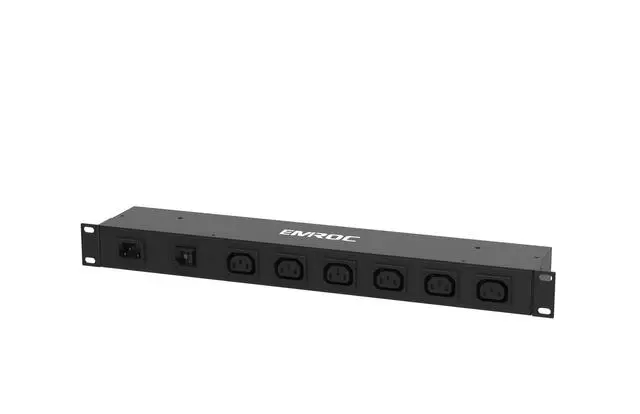In today’s data-driven world, the demand for reliable and efficient power management solutions has never been higher. APC (American Power Conversion) Power Distribution Units (PDUs) have emerged as a vital component in data centers, server rooms, and various industrial settings to ensure uninterrupted power distribution. In this article, we will delve into the world of APC PDUs, exploring their features, benefits, and the critical role they play in optimizing energy usage.

What is an APC PDU? APC PDUs are advanced power distribution units designed to provide electricity to multiple devices while offering various monitoring and management features. These units are available in a wide range of configurations, catering to different power requirements and operational needs. Whether you need to support a small office setup or a large data center, APC PDUs come in various models to suit your specific requirements. Types of APC PDUs Basic PDUs: These PDUs provide reliable power distribution without any advanced features. They are ideal for small-scale applications where monitoring and remote control are not necessary. Metered PDUs: Metered PDUs offer basic monitoring capabilities, allowing users to measure power consumption at the PDU level. This data can be invaluable for capacity planning and energy optimization. Switched PDUs: Switched PDUs take power management a step further by enabling remote outlet control. This feature allows users to remotely reboot devices, reducing downtime and enhancing system reliability. Managed PDUs: Managed PDUs provide the most comprehensive power management options. They include advanced features like outlet-level monitoring, environmental monitoring (temperature and humidity), and even support for integration with data center management systems. Key Features and Benefits Real-time Monitoring: APC PDUs offer real-time monitoring of power consumption, allowing businesses to identify inefficiencies and optimize energy usage. Remote Management: With remote management capabilities, IT administrators can control outlets, reboot devices, and receive alerts in case of power issues from anywhere in the world. Environmental Monitoring: Some APC PDUs come with environmental sensors, helping maintain ideal conditions within the data center by monitoring temperature and humidity. Scalability: APC PDUs are scalable to accommodate evolving power requirements. Businesses can expand their power distribution capabilities as needed, reducing the initial investment. Reliability: APC is known for its high-quality products, ensuring the reliability and longevity of its PDUs. Energy Efficiency: By monitoring and managing power usage, APC PDUs contribute to energy efficiency, reducing operational costs and environmental impact. Use Cases APC PDUs find applications in various industries and scenarios, including: Data Centers: Critical data center environments rely on APC PDUs to ensure uninterrupted power distribution and monitor energy usage. Server Rooms: Smaller-scale server rooms benefit from APC PDUs to maintain power reliability and control. Industrial Settings: Manufacturing facilities and other industrial environments use APC PDUs to manage power for machinery and equipment. Retail: Retail stores use APC PDUs to keep point-of-sale systems and other equipment operational during power outages. Healthcare: Hospitals and healthcare facilities rely on APC PDUs to ensure the continuous operation of critical medical equipment. In conclusion, APC PDUs are essential components in modern power management systems. Their versatility, reliability, and advanced features make them a valuable asset for businesses seeking to optimize energy usage, enhance reliability, and reduce operational costs. Whether you’re running a data center or a small office, investing in an APC PDU can help you achieve greater control and efficiency in your power distribution system.